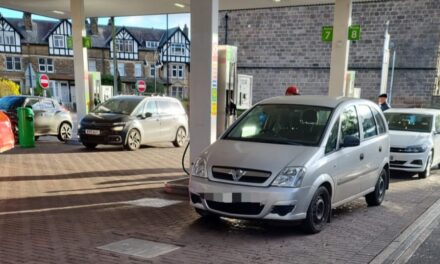Over the past decade, one specific project has been very important for developing countries with emerging economies in need of infrastructure: China’s Belt and Road initiative. From 2013 Beijing is building infrastructure in approximately 150 countries worldwide, where a new player has recently joined. ‘China understands that it is good for developing countries to have good alternative suppliers,” said Frans – Paul van der Putten, associate at the Clingendael Institute, about the need for a counterpart to the Belt and Road Initiative. But isn’t the counterbalance from the West too late for the Chinese Belt and Road Initiative?
Before we answer this question, let’s first clarify the differences between these projects. An important difference is made clear by Professor of International Studies Andre Gerrits: ‘China pursues a tough foreign policy and does not interfere with the remarkable politics of a country. It does not matter to China whether a country is corrupt or not.’ The principles that Europe sets in contrast are about democratic values, good governance and equal partnership. Europe does not conclude trade agreements with every country to spread its influence, but with countries that are committed to Europe’s principles. In this way, Europe allows its identity to shine through. You notice that countries are having reservations about their trade relations with China, which Europe is responding to, according to Gerrits: ‘The principles of Europe’s Gateway are a response to the disadvantages that countries experience from the Chinese’s New Silk Road.’
But what are the disadvantages? More and more partner countries are suffering heavily from their billions in debt to China. You have to adhere to Chinese rules and Chinese law, one of those rules includes that the port of the country in question ends up in the hands of China if you cannot pay the debts. A study by the Harvard Kennedy School of Policy Analysis showed that at least sixteen countries will never be able to repay the billions they borrowed from China. That is why Europe’s Global Gateway speaks of an equal partnership rather than subordination to Europe.
In addition to the different ways of conducting foreign policy, the financial aspect also makes up the differences between the two projects: “Europe’s global gateway also tries to provide financial assistance, but that is not equal to what China has to offer,” said van der Putten . This concerns a difference of 300 billion euros between the two projects.
Despite countries’ reservations, according to Gerritsen, we should not forget that a large part of the world agrees with the Chinese collective policy on economic rights, poverty reduction and the collective image of human rights: ‘We must get rid of the idea that Europe’s image of human rights is a universal view of human rights.’
To return to the question of whether the counter-offer is not too late: China has been busy making strategic purchases for itself over the past ten years, which means that Europe will certainly continue to stay one step behind in the years to come. But according to Gerritsen, it is not only the fact that countries are having reservations about collaborations with China, but also that the Chinese economy is no longer as flourishing as it always has been. Chinese investments are running out, leaving them with fewer funds to invest in China’s Belt and Road Initiative. So it will largely be a matter of money how these two projects will relate to each other in the future.




